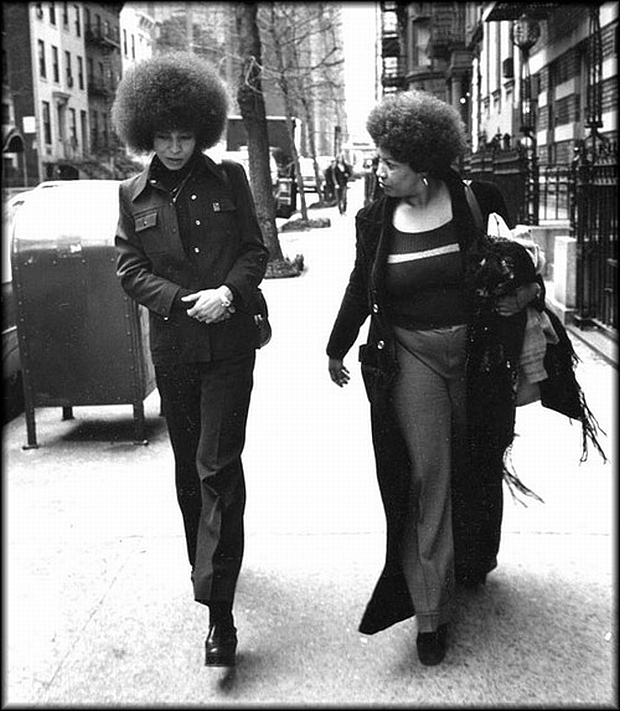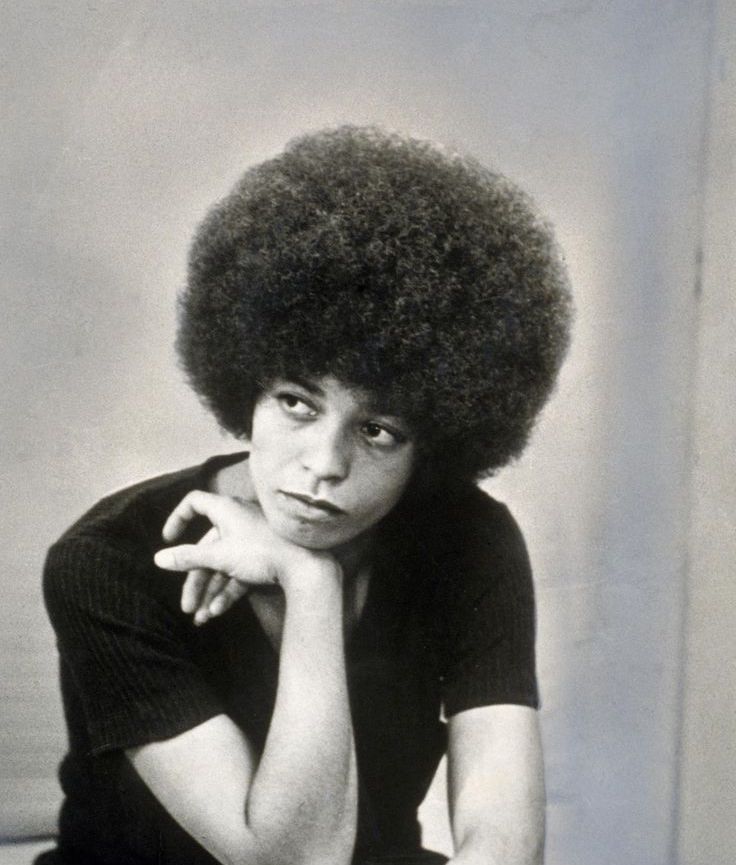[dropcap]Futures[/dropcap] of Black Radicalism brings together key activists, scholars and thinkers of the Black Radical Tradition in recognition and celebration of the work of Cedric J. Robinson, who first defined the term. The essays collected here look at the past, present and future of Black radicalism, as well as the influences it has had on other social movements. Racial capitalism, another powerful idea developed by Cedric J. Robinson, links to international social movements of today, expoloring the links between Black resistance and anti-capitalism. Here we share an interview with Angela Davis by Gaye Theresa Johnson and Alex Lubin during Black History Month. [mc4wp_form id=”6042″]
In your scholarship you have focused on prison abolitionism, Black feminism, popular culture and the blues, and Black internationalism with a focus on Palestine. Taken together, how does this work draw inspiration from, and perhaps move forward, the Black Radical Tradition?
Cedric Robinson challenged us to think about the role of Black radical theorists and activists in shaping social and cultural histories that inspire us to link our ideas and our political practices to deep critiques of racial capitalism. I am glad that he lived long enough to get a sense of how younger generations of scholars and activists have begun to take up his notion of a Black Radical Tradition. In Black Marxism, he developed an important genealogy that pivoted around the work of C. L. R. James, W. E. B. Du Bois, and Richard Wright. If one looks at his work as a whole, including Black Movements in America and e Anthropology of Marxism, as H. L. T. Quan has pointed out, we cannot fail to apprehend how central women have been to the forging of a Black Radical Tradition. Quan writes that when asked about why there is such an enormous focus on the role of women and resistance in his body of work, Robinson replies, “Why not? All resistance, in effect, manifests in gender, manifests as gender. Gender is indeed both a language of oppression [and] a language of resistance.”

NATIONAL MUSEUM OF AFRICAN AMERICAN HISTORY & CULTURE | WASHINGTON, DC
The National Museum of African American History and Culture is the only national museum devoted exclusively to the documentation of African American life, history, and culture. It was established by Act of Congress in 2003, following decades of efforts to promote and highlight the contributions of African Americans. To date, the Museum has collected more than 36,000 artifacts and nearly 100,000 individuals have become charter members. The Museum opened to the public on September 24, 2016, as the 19th and newest museum of the Smithsonian Institution. (Website).


You must be logged in to post a comment.